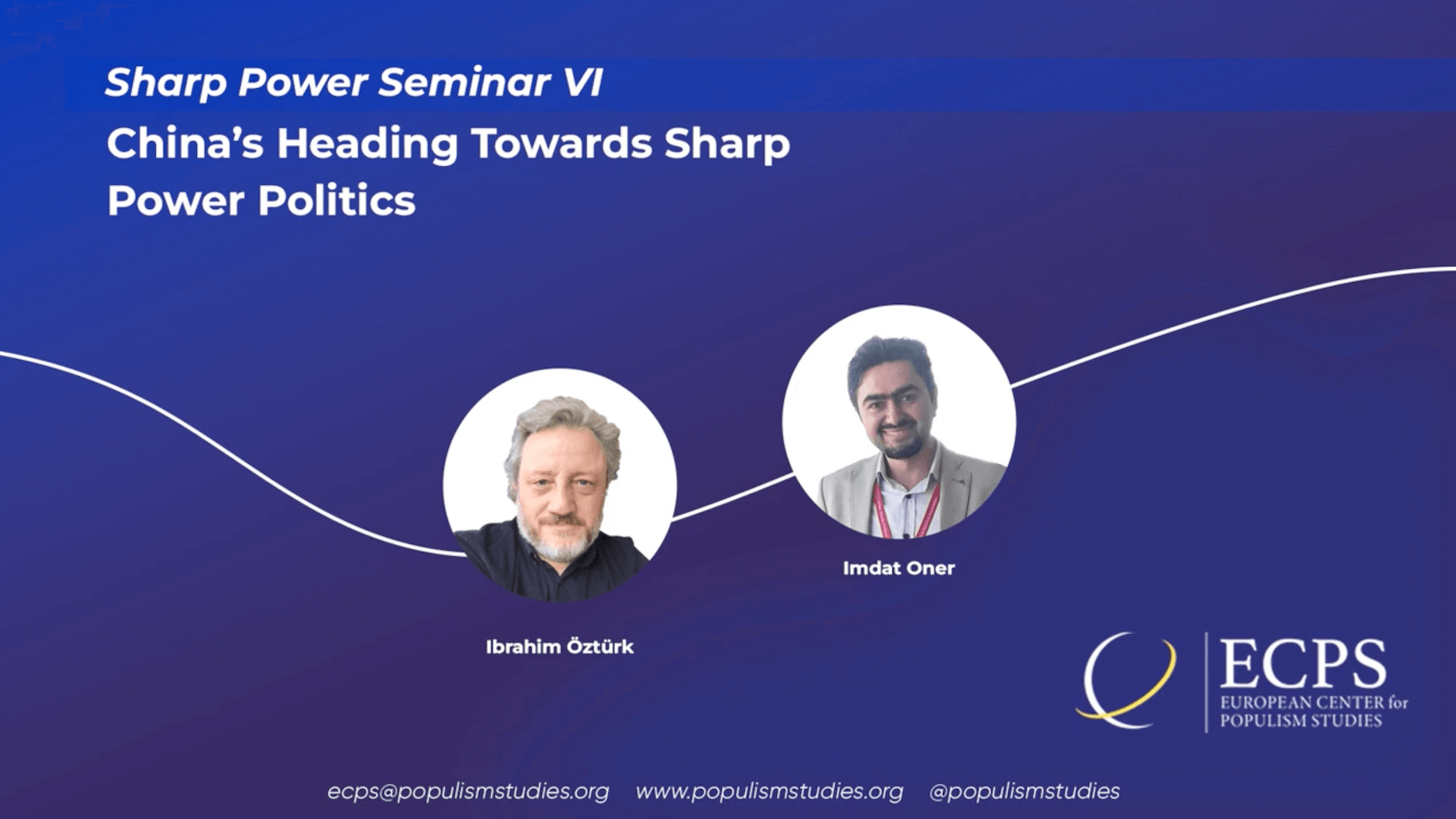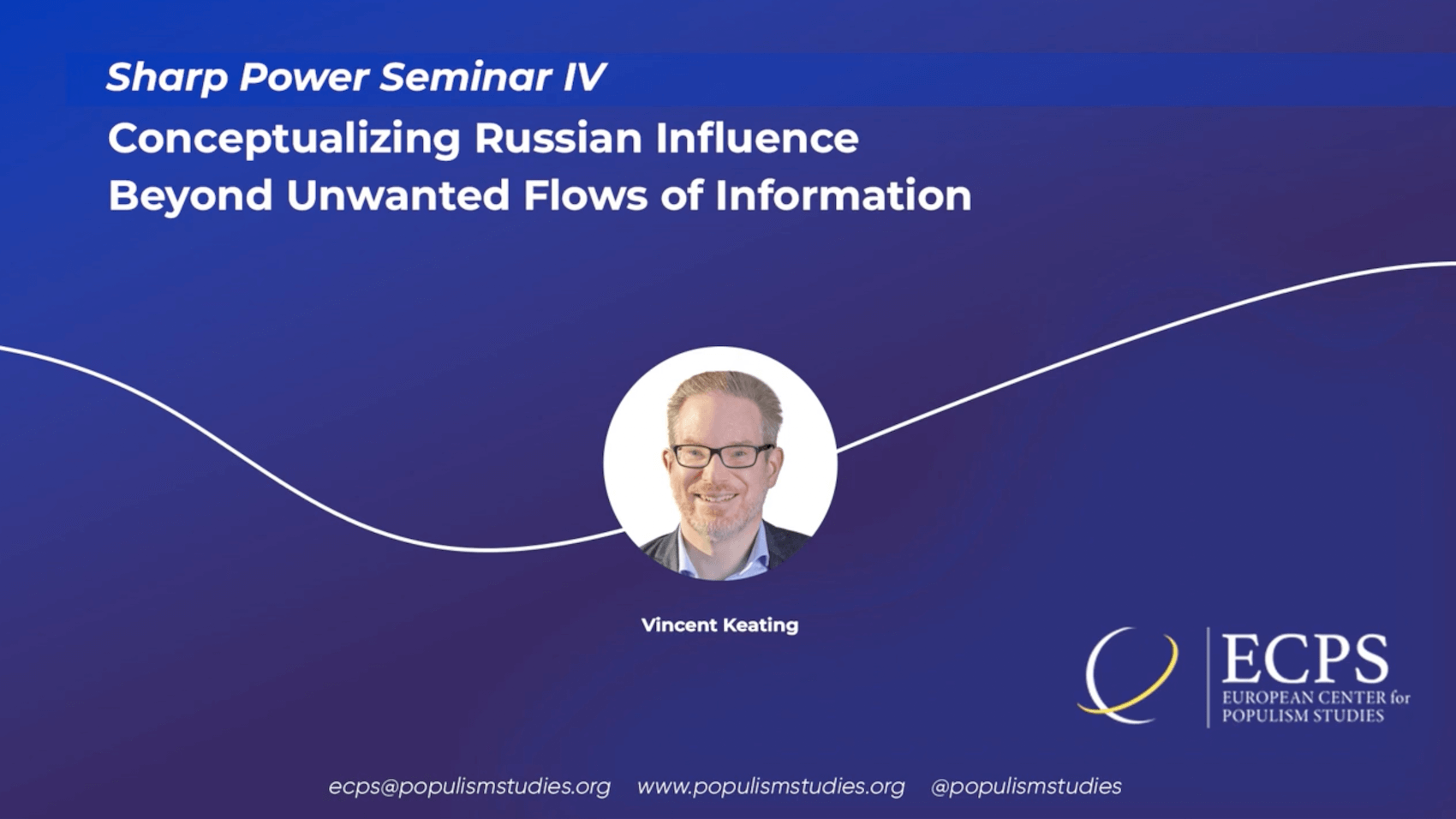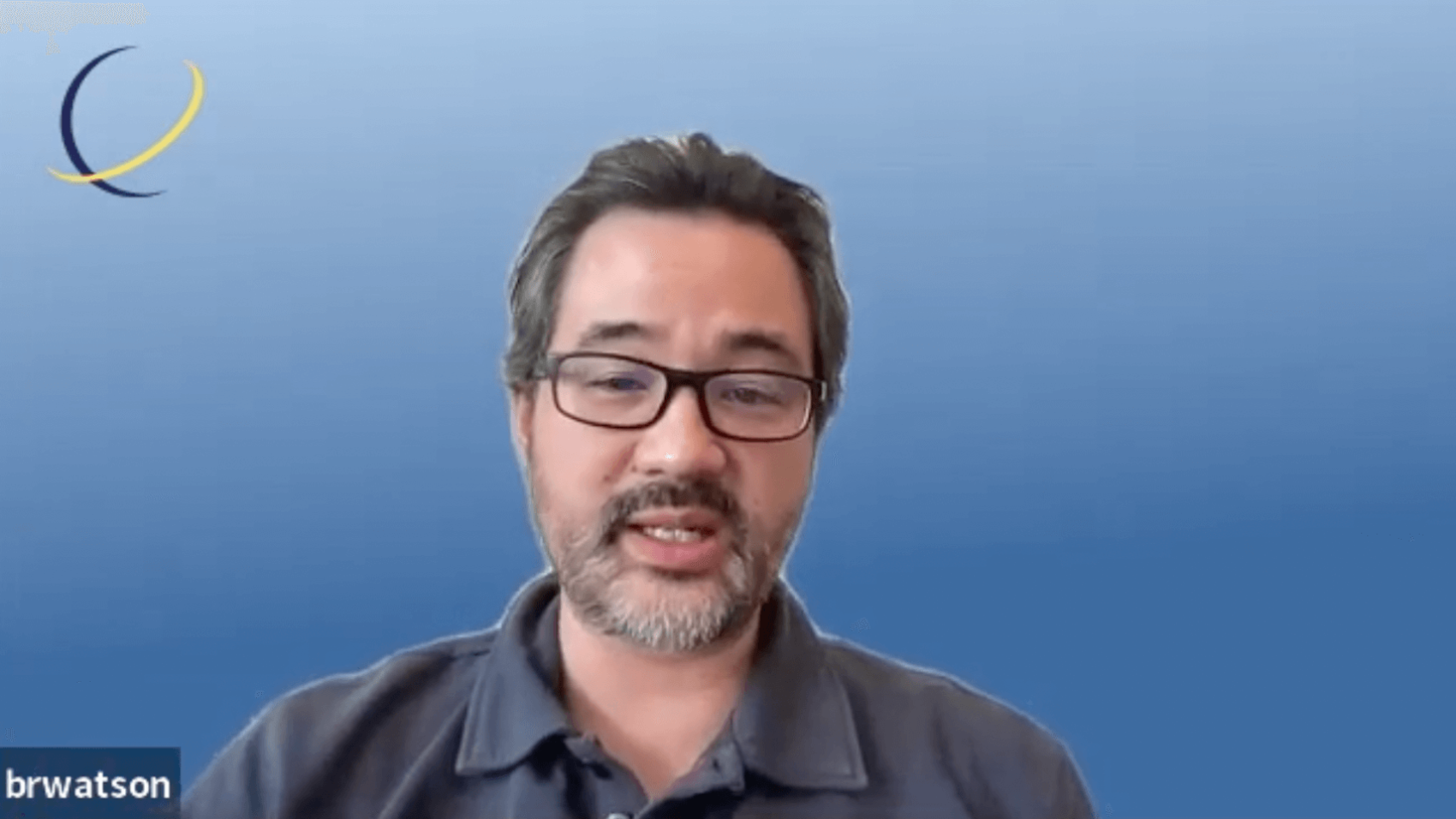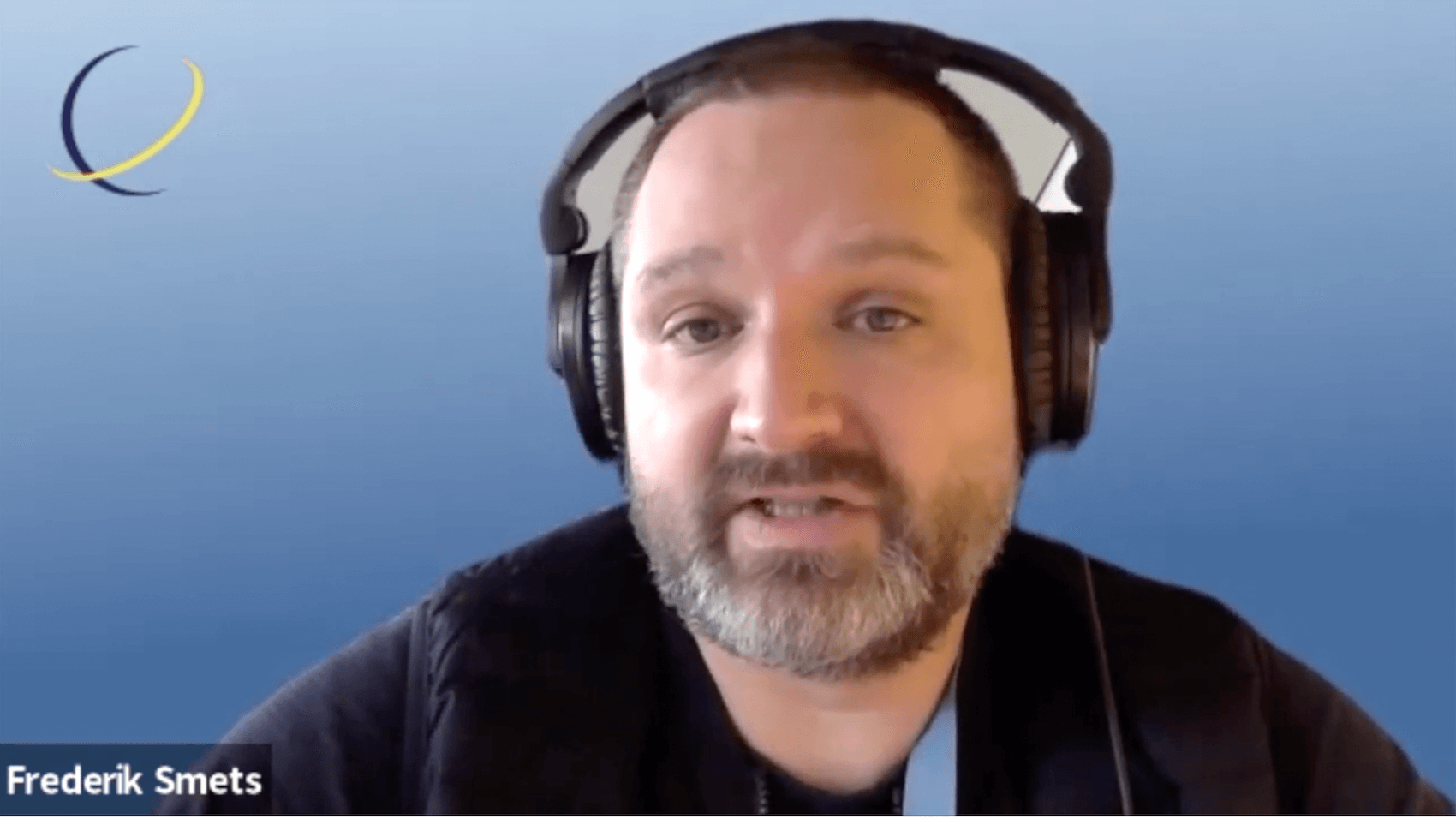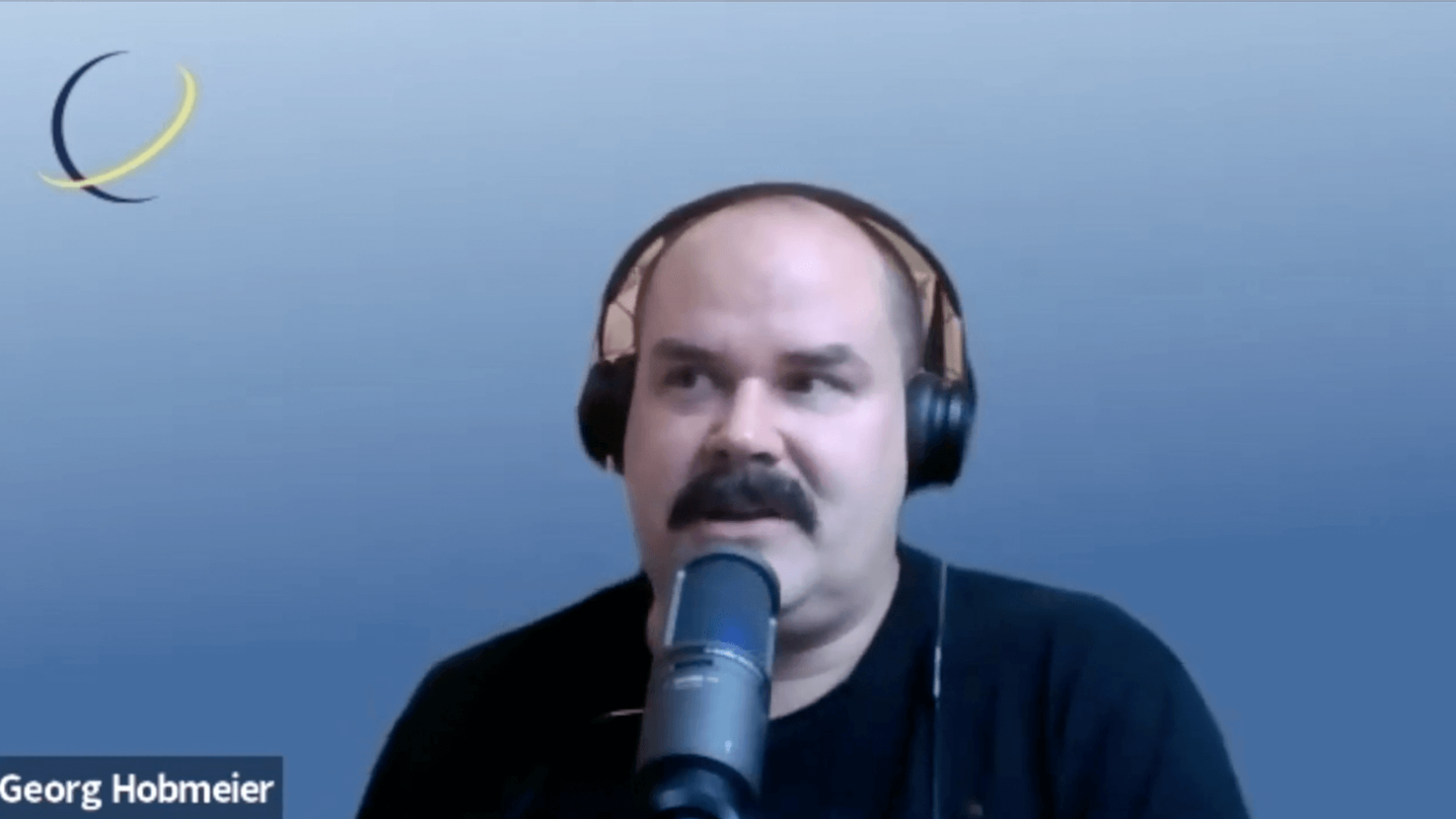This event was jointly organised by The European Center for Populism Studies (ECPS) and The Alfred Deakin Institute for Citizenship and Globalisation (ADI) .
Viktor Denisenko: “Kremlin’s information war against the ‘collective West’: View from Lithuania”
The Baltic States, including Lithuania, were between first states that faced attacks of re-born Kremlin propaganda in the 90s of the XX century. Many narratives (about discrimination of Russian-speaking communities, neo-Nazism, Russophobia) used later against Ukraine firstly were tested in information warfare against Lithuania (as well Latvia and Estonia). Today, the challenge of Kremlin information warfare become very hot not only for former Soviet states. Moscow is waging a global information war against the “collective West”. In this situation very important is to discuss traditions (i.e. some stable narratives) and transformations (i.e. vanished boundaries between disinformation and diplomacy) of Kremlin propaganda and disinformation.
Viktor Denisenko is an Associate Professor at General Jonas Žemaitis Military Academy of Lithuania and Vilnius University. He got PhD in communication and information in 2016 at Vilnius University. The field of his scientific and professional interests includes propaganda, information warfare, and political communication. Viktor Denisenko is the author of the book “In the Encirclement of Propaganda” (Vilnius University Press, 2021).
Grigorij Mesežnikov: “Russia’s sharp power in post-communist Europe: From disinfo narratives to military aggression”
Promoting its interests abroad, Russian state does not focus primarily on championing their own positive, attractive and viable alternatives but rather on undermining and destroying socio-political models that exist in the countries where it tries to advertise its concepts, therefore such a model of asserting influence abroad can be referred to as “sharp power.” Russia strives to debilitate or dismantle liberal democracy as a system, which is why it considers almost every enemy of liberal democracy around the world and particularly in Europe, including central Europe to be their ally – either a strategic or a situational.
The mission of Russian sharp power mechanism is to encourage mutual mistrust between people, relativize distinctions between democratic and non-democratic systems of government, blur differences between facts and fiction, between truth and lies, between trustworthy knowledge and its “alternative” interpretations in peoples’ perception and thus create an atmosphere of precarity. Since 2014, the year of annexation of Crimea and occupation of part of the Eastern Ukraine, Russia is leading the information aggression against the post-communist Central European countries. Actors of this aggression try to spin the narratives that the very concept of liberal democracy is not suitable for Central European nations, that it is obsolete and should be replaced by another concept based on national, traditional, conservative, collectivist and ethnic values. According to such and interpretation, liberal democracy is not a system that creates optimum conditions for citizens’ freedom, democratic system of governance and implementation of human rights but rather merely a tool to promote power interests of large states while simultaneously harming vital interests of small European nations. Sharp power is a tool used by Russian expansionist authoritarian regime in efforts to reach its ultimate goal – to disconnect Central European nations from the West, to revise and reverse the results of their transformation processes and thus to reconstruct the past.
Grigorij Mesežnikov is a political scientist, president of the Institute for Public Affairs (IVO), Bratislava, Slovakia. He has published numerous expert studies on party systems’ development and political aspects of transformation in post-communist societies, illiberal and authoritarian tendencies, populism, extremism, nationalism and hybrid threats in various monographs, collections and scholarly journals in Slovakia and other countries. He regularly contributes analyses of Slovakia’s political scene to domestic and foreign media. Since 1993, he has been an external correspondent for Radio Liberty/Radio Free Europe. He has edited and authored dozens of books, including the Global Reports on Slovakia (1995 – 2011), the comprehensive analysis of country’s development in all relevant sectors of society. He was a key author of the report on Slovakia in Nations in Transit published by Freedom House (1998 – 2014). In 2006 he was awarded by Reagan-Fascell Fellowship by the National Endowment for Democracy (Washington, D.C.), in 2012 he was a research fellow of Taiwan Fellowship Program at the Department of Political Science of National Taiwan University in Taipei where he researched similarities and differences of democratization and civil society development in Taiwan and in Central Europe. In 2019 – 2020 he was a fellow of the Institute for Human Science – Institut für die Wissenschaften vom Menschen (Vienna) at the Europe’s Futures program.
Tihomira Doncheva: “Russia’s footprint in the western Balkan information environment”
This talk will be about information influence activities in the Balkans as an example of sharp power. Doncheva will go in-depth into what are some of the factors that enable information influence activities, as well look into specific examples of Russian case.
Tihomira Doncheva is director of Center for Information, Democracy, and Citizenship (CIDC). She is an experienced communicator, researcher and project manager on multi-disciplinary topics related to the problems and challenges, opportunities and values of a liberal democratic society. She has joined AUBG in the summer of 2022, heading the university’s flagship initiative to reinvigorate AUBG’s founding mission. Through the CIDC, Doncheva aims to educate students and interested stakeholders to be engaged, informed, critical democratic citizens who will be committed to the rule of law, pluralism and inclusiveness, and open discussion, free press, and respect for human rights.
Doncheva has worked as a journalist for one of Bulgaria’s most professional mediaoutlets, Capital, and has been a Researcher for the NATO Strategic Communications Center of Excellence in Riga, working on malign influence across the Western Balkans. Over the last three years, she worked for a strategic communications company based in London, the UK, where her portfolio included a variety of projects from countering disinformation and propaganda, media development and information resilience, to countering violent extremism and terrorism in countries across the Middle East, Africa, Eastern Europe, and Central Asia. She is a published author of reports on information influence activities in the Western Balkans and has also developed two separate apps on countering disinformation for journalists.
Tihomira has a First-Class Honours BA degree in Journalism from the University of Robert Gordon (Aberdeen, the UK) and a BA Honours degree in Europe in the World from the Hogeschool Utrecht and the Danish School of Media and Journalism (Utrecht, the Netherlands and Aarhus, Denmark). She has also completed an MA degree in Strategic Communications from the War Department at King’s College London (London, the UK).
As the Director at the newly founded CIDC, Doncheva will focus her efforts on strategizing and developing the CIDC as a think, talk, and act platform to provide academic opportunities for students and faculty, to generate new resources in collaboration with the civil society, business and public sector, and elevate AUBG as the go-to place for shared resources, partnerships, research and advocacy efforts within Bulgaria and the region.


